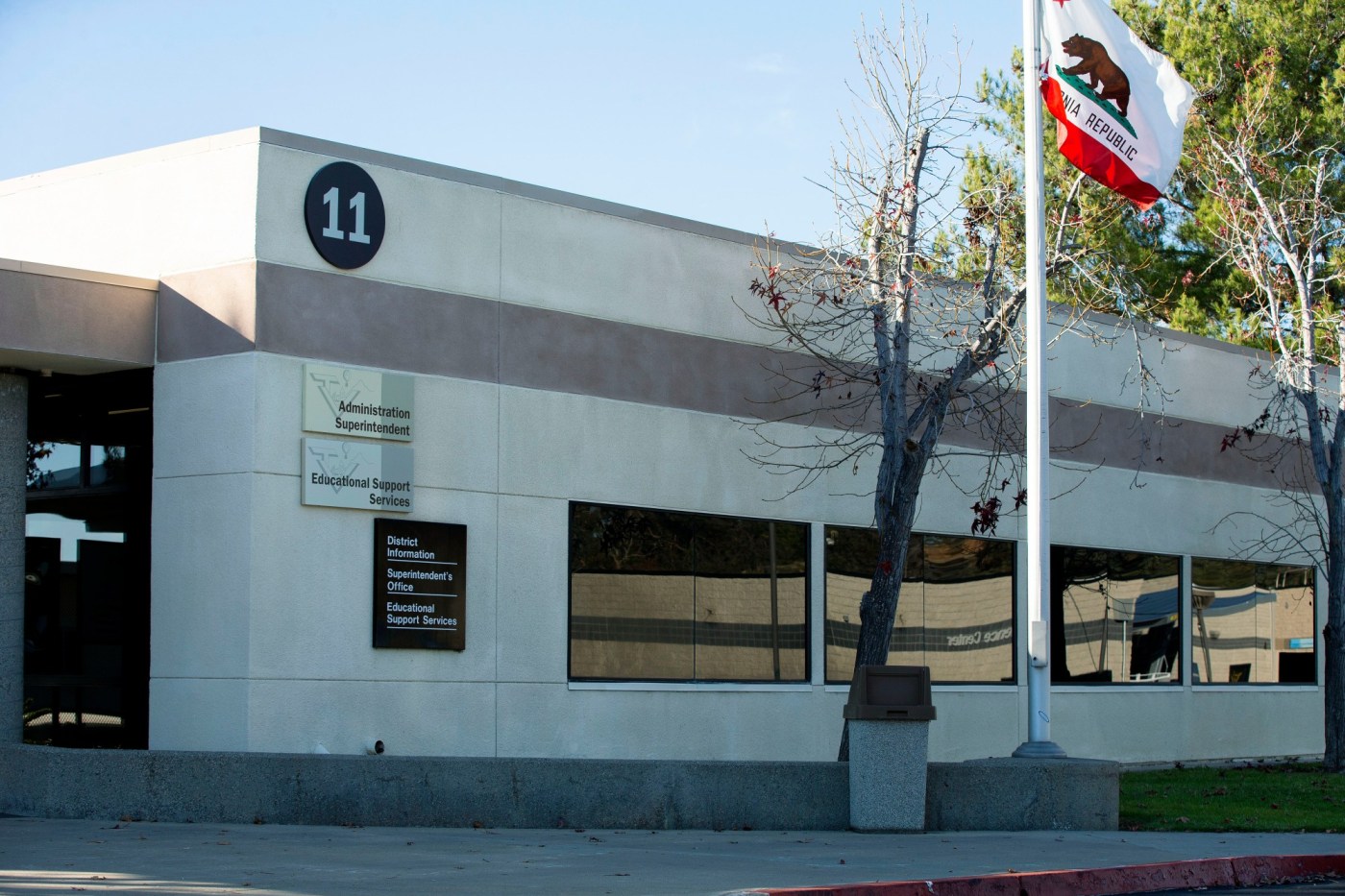
A Temecula school district policy banning critical race theory violates the California constitution, a state appeals court has ruled in reversing a 2024 court decision.
The Monday, May 19, ruling found that the resolution — passed in late 2022 at the first meeting after a conservative school board majority was elected — was vague and unconstitutional.
Related Articles
3 injured in Santa Cruz Mountains crash involving Cupertino school bus
San Jose charter school Downtown College Prep closing its 3 remaining campuses
Los Gatos High School therapist receives statewide recognition
A chat, a snack and a chance to cool down: How one California school district kept far fewer kids from getting in trouble
Hundreds of tech, biotech, oil, school workers lose Bay Area jobs
“The Resolution’s language is ambiguous, lacks clear definitions, is unclear in scope, is seemingly irreconcilable with state-mandated educational requirements, and contains no enforcement guidelines,” the California Court of Appeals decision states.
Temecula Valley Unified School District officials were not available for comment Tuesday, May 20, spokesperson James Evans said. He referred questions to Advocates for Faith and Freedom, a Murrieta-based law firm representing the board. The firm could not be reached Tuesday afternoon.
School board President Melinda Anderson said Tuesday that she didn’t have enough information to comment and that the board would need to discuss the issue. She deferred further comment to the law firm.
The Temecula school board has until Tuesday, June 3, to ask the appeals court to reconsider its decision. On Wednesday, June 18, if no rehearing is requested or granted, the decision becomes final, Public Counsel attorney Amanda Mangaser Savage wrote in an email Tuesday.
Savage also said the district could file a petition with the California Supreme Court if it’s not granted another hearing. That filing would have to be done by June 28.
It is unclear whether the critical race theory policy remains in effect.
Max Mishkin, an attorney handling the case, said that the court’s ruling reversed an earlier decision that allowed the policy, but the case would have to go back to a trial court for a judge to temporarily halt the policy.
This is the first time a challenge to a critical race theory ban has been struck down for violating a state constitution, said Mishkin, whose firm is representing Temecula teachers and students.
“Big picture, I think this is a significant victory for our plaintiffs,” said Mishkin.
There a a number of plaintiffs in the case, including Temecula teachers, students, staff and parents.
The ruling concluded that “people need to understand what the law is if we expect them to follow it,” Mishkin said.
If one doesn’t know what the law prohibits, then people are more likely to overcorrect and self censor, he said.
When the Temecula Valley Unified School District board barred critical race theory in December 2022, the conservative board majority included current trustees Jen Wiersma and Joseph Komrosky.
Komrosky introduced the resolution, which called critical race theory a “racist ideology.”
The board’s resolution said critical race theory is “divisive” and “based on a false assumption” that “assigns moral fault to individuals solely on the basis of an individual’s race.” It also states that “critical race theory assigns generational guilt and racial guilt for conduct and policies that are long in the past.”
Critical race theory involves examining the role of race in society and how racism has been historically embedded in institutions and policies.
In the past, district officials, including former board member Allyson Barclay, said that the district doesn’t teach critical race theory.
A February 2024 ruling initially found that the policy did not seek to “deny access to information,” rather it sought to “limit instruction on the subject of CRT to a subordinate role within a (larger) instructional framework.”
The resolution “specifically prohibits instruction on theories” such as “only individuals classified as ‘white’ people can be racist because only ‘white’ people control society,” Riverside Superior Court Judge Eric Keen wrote.
Such theories “would seem to be incongruous with the (Legislature’s) clear intent found in California Education Code …” Keen added.
This week’s ruling was applauded by some.
“This decision reinforces the principle that all students should have access to inclusive, affirming curricula that reflects the diversity of their communities and the richness of our shared history,” Attorney General Rob Bonta said in a Tuesday, May 20, statement.
Bonta said the ruling affirms the importance of teaching the full “scope of the human experience” and that such policies target vulnerable communities and undermine students’ well-being and their academic success.
“We believe our students deserve access to an honest education that helps them develop the knowledge and skills they need to learn, grow, and thrive,” California Teachers Association President David Goldberg said in a Tuesday, May 20, statement.